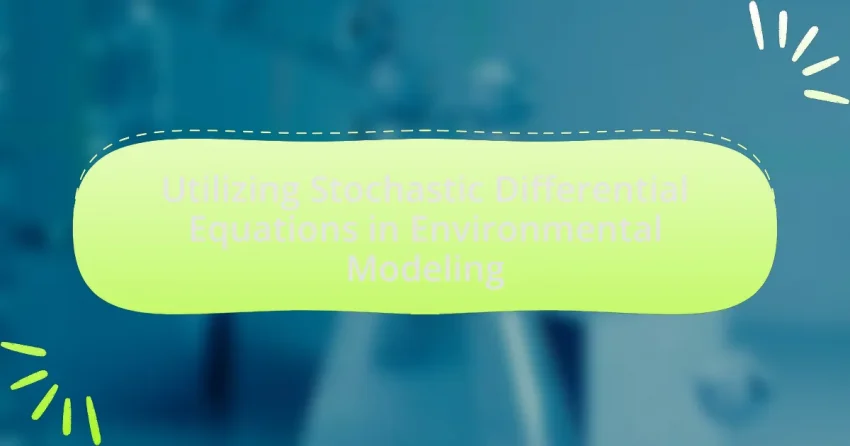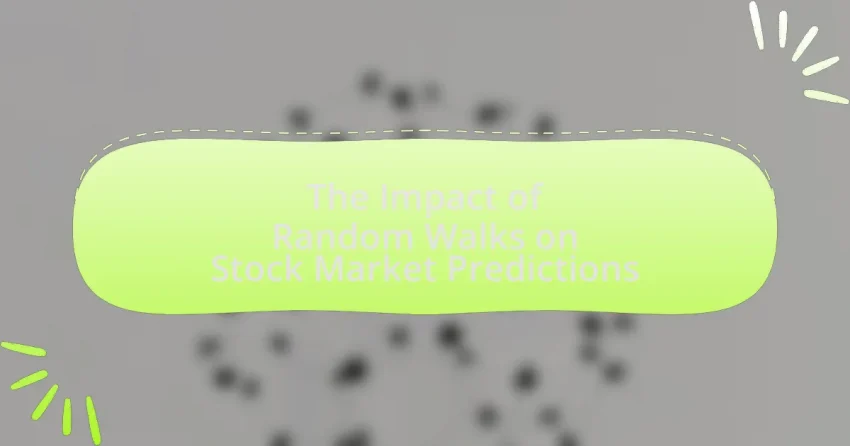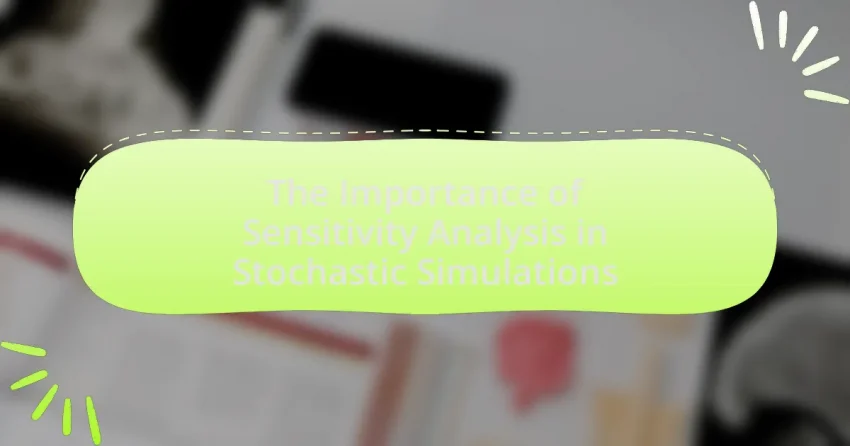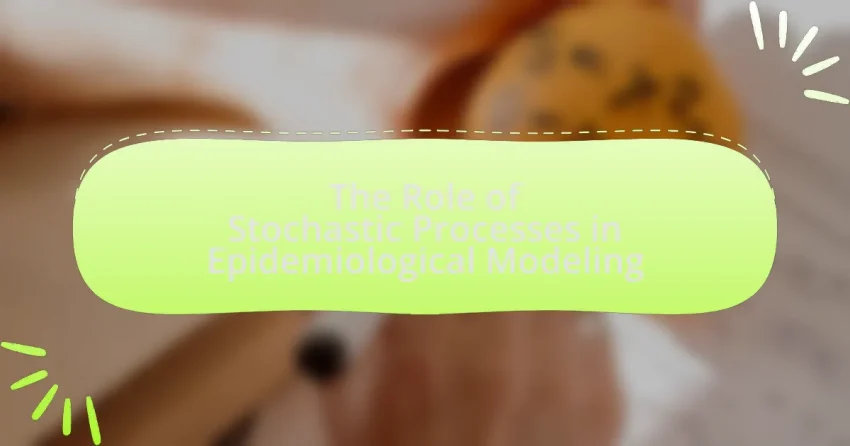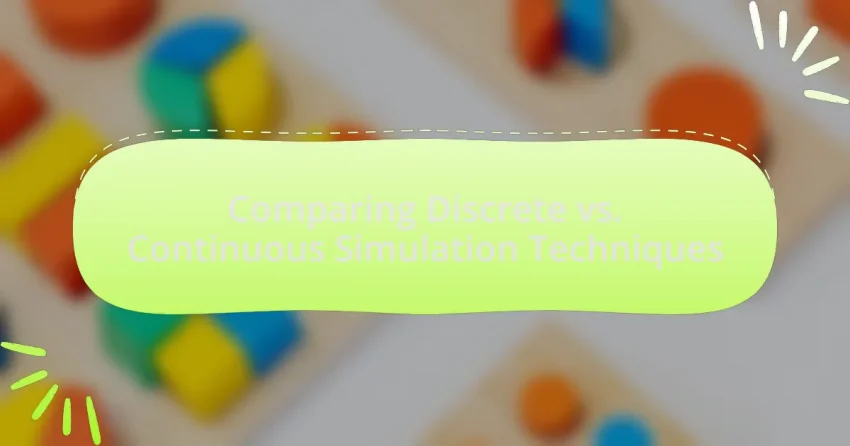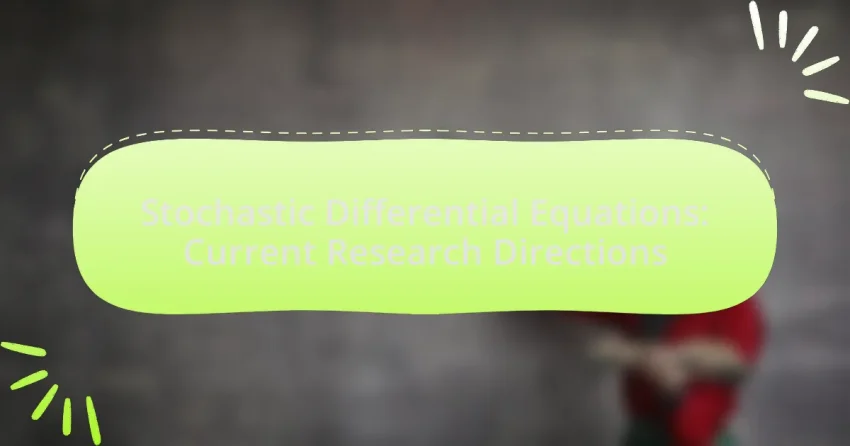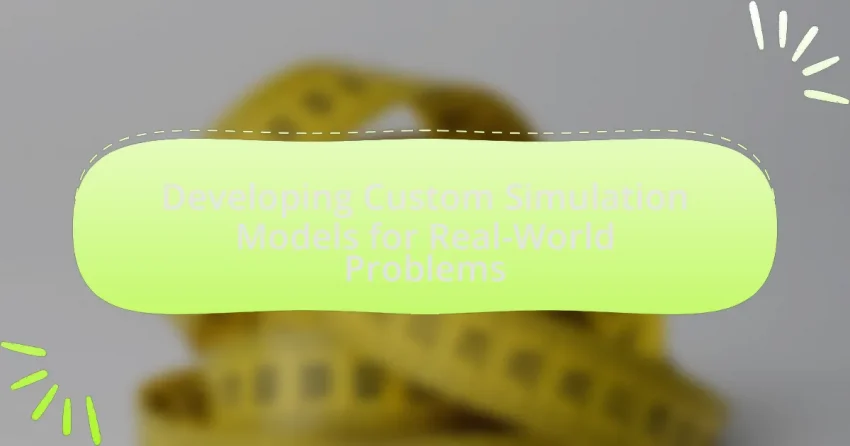Stochastic Differential Equations (SDEs) are mathematical tools that model systems affected by randomness, making them particularly relevant in environmental modeling. This article explores the significance of SDEs in capturing the variability and unpredictability of environmental processes such as climate change, pollutant dispersion, and population dynamics. It highlights the differences between SDEs and traditional differential equations,…
Analyzing the Transition Probabilities in Hidden Markov Models
Transition probabilities in Hidden Markov Models (HMMs) are fundamental components that quantify the likelihood of transitioning between hidden states in a sequence of observations. This article provides a comprehensive analysis of transition probabilities, detailing their influence on model behavior, accuracy, and prediction capabilities. It explores the factors that determine these probabilities, methods for their estimation—including…
The Impact of Random Walks on Stock Market Predictions
The article examines the concept of random walks and their significance in stock market predictions. It explains that random walks are statistical models indicating that stock prices follow a stochastic process, making future price movements largely unpredictable and independent of past trends. Key principles of Random Walk Theory, supported by empirical research, challenge traditional forecasting…
Advances in Nonlinear Stochastic Systems
Nonlinear stochastic systems are mathematical models that integrate nonlinear dynamics with random processes, characterized by their sensitivity to initial conditions and inherent uncertainty. This article explores the distinctions between nonlinear and linear systems, highlighting key characteristics such as unpredictability and complex behavior. It discusses the importance of studying these systems across various fields, including finance,…
The Importance of Sensitivity Analysis in Stochastic Simulations
Sensitivity analysis in stochastic simulations is a critical method for evaluating how variations in input parameters influence model outputs, thereby aiding in decision-making and risk assessment. The article outlines the functioning of sensitivity analysis, its key components, and the interaction of these components within stochastic simulations. It discusses various types of sensitivity analysis, including local…
The Role of Stochastic Processes in Epidemiological Modeling
Stochastic processes are mathematical models that incorporate randomness and uncertainty, playing a crucial role in epidemiological modeling by accurately simulating disease transmission dynamics. This article explores the differences between stochastic and deterministic models, highlighting the advantages of stochastic approaches in predicting disease outbreaks, particularly in small populations or during early epidemic stages. Key characteristics of…
Utilizing Simulation Software for Stochastic Process Education
Simulation software for stochastic process education serves as a vital tool for students and professionals to understand and analyze random processes through computational models. This article explores how such software enhances learning by providing interactive and visual representations of complex probabilistic models, enabling real-time experimentation with parameters. Key features of simulation software, including customizable scenarios…
Comparing Discrete vs. Continuous Simulation Techniques
The article focuses on comparing discrete and continuous simulation techniques, two fundamental approaches used in modeling systems. Discrete simulation techniques are characterized by event-driven processes that occur at distinct points in time, making them suitable for applications like queuing systems and inventory management. In contrast, continuous simulation techniques model systems that change fluidly over time,…
Stochastic Differential Equations: Current Research Directions
Stochastic Differential Equations (SDEs) are mathematical models that describe systems affected by random noise and uncertainty, integrating deterministic and stochastic processes. This article explores the fundamental aspects of SDEs, including their differences from ordinary differential equations, the role of randomness, and their key components. It highlights the significance of SDEs in current research across various…
Developing Custom Simulation Models for Real-World Problems
Custom simulation models are specialized computational frameworks designed to replicate and analyze complex real-world systems, enabling organizations to predict outcomes and optimize operations. This article explores the significance of custom simulation models, highlighting their adaptability compared to standard models, key features, and applications across various industries such as healthcare, manufacturing, and logistics. It also outlines…
